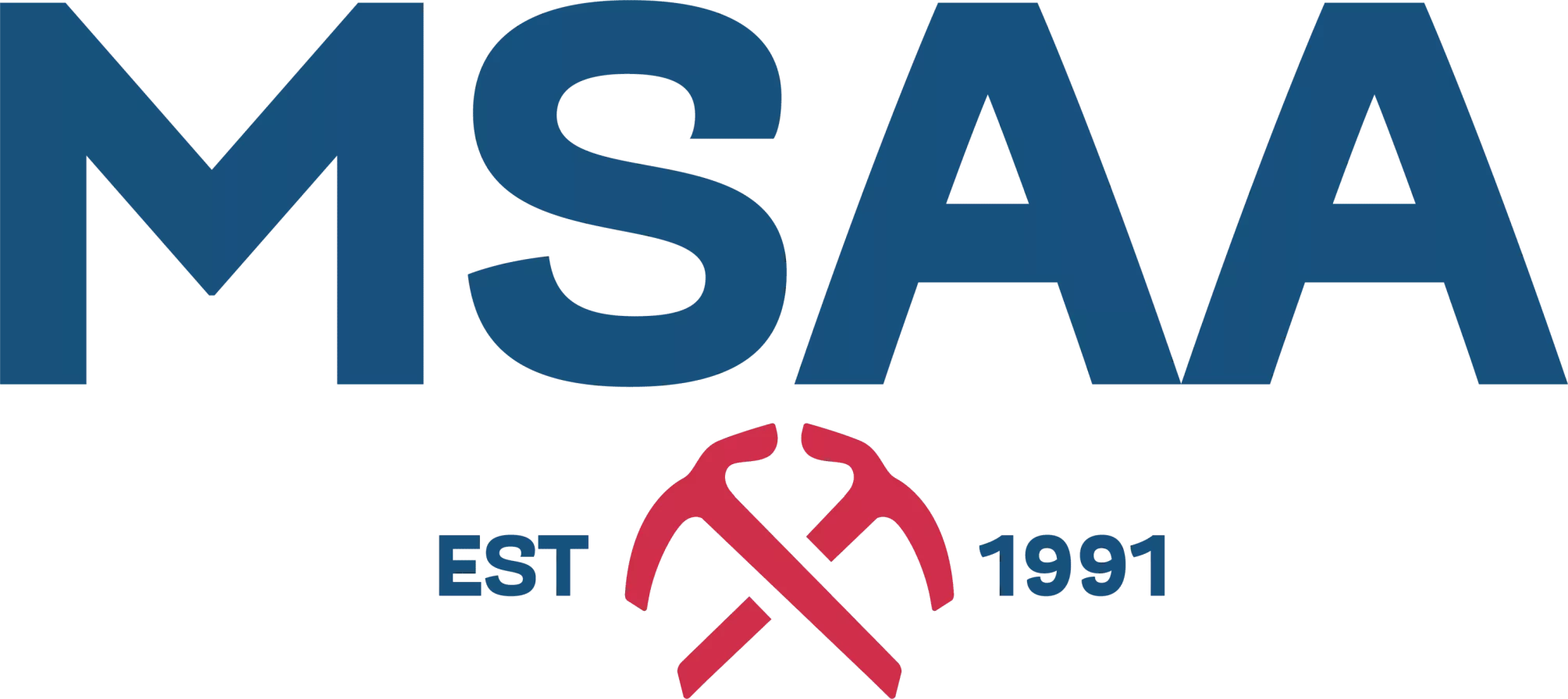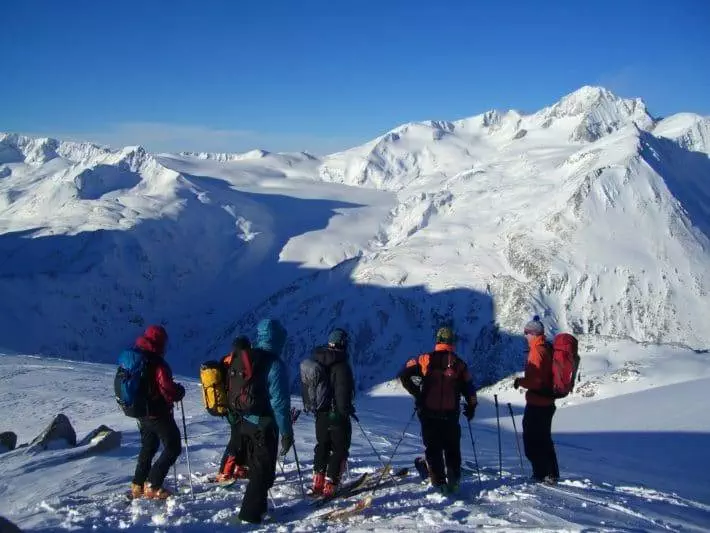One of the first things that new winter backcountry travellers learn about avalanche education is that it’s lifelong. Courses and certificates represent certain milestones, yes. But veteran avalanche forecasters are constantly combing weather reports, gathering snowpack data and retraining their rescue skills on a daily basis. As recreationists touring on weekends and days off, we can’t expect to spend as much time with our heads buried in the snow as the guides and industry professionals.
However, avalanche knowledge and rescue skills are in the “use it or lose it” category, meaning you have to keep it fresh if you want to be on your game in the winter backcountry. There’s now a specific one-day course for that, called the Companion Rescue Skills Clinic. Learn more avalanche training now!

I’ve done my AST 1 course. Now what?
The absolute first step in your avalanche education career should be to take the introductory level 1 avalanche course as known as AST 1 course. In 2019, it’s very much considered the prerequisite to setting foot into any avalanche terrain, regardless of the education level of others in the party.
From there, it’s worth gaining some backcountry experience in terrain and conditions that you are comfortable with. If you intend to push into more complex terrain or want to head out in more dangerous conditions, that should be with an experienced backcountry mentor or a guide.

The AST 2 is the next course in Avalanche Canada’s curriculum that’s geared for a recreationalist. The avalanche training level 2 course does require a significantly higher commitment than the AST 1 in both time and money (MSAA offers the 4-day AST 2 course at $599), but should be on the horizon if you’ve had a few season’s experience and want to gain a better understanding of avalanches and travelling through more complex terrain.
But if it’s been a few seasons and you’re not ready to pull the trigger on the AST 2, there is an alternative to keep your skills sharp where they matter the most: rescuing your friends.
Enter the Companion Rescue Skills Clinic
A relatively new curriculum designed by Avalanche Canada, the Companion Rescue Skills Clinic (CRSC) is designed as a one-day expansion on the rescue techniques taught in the AST 1. Those who’ve taken their AST 1 are aware of how condensed the course material has to be to fit into two days.
The CRSC is held completely in the field and expands multiple and deep burial scenarios, group rescue coordination and how to search without transceivers. CRSC instructors will also introduce more advanced shovelling techniques and how to manage avalanche incident triage.

Further Avalanche Education
If you plan on touring a lot then it won’t be long before you are looking for further training beyond the AST 1.
The Companion Rescue Skills Clinic is a great stepping stone if you are feeling rusty on your avalanche rescue skills, but is by no means a substitute for the more in-depth AST 2. For those looking beyond recreation and possibly entering the guiding or backcountry operations industry, the Canadian Avalanche Association (CAA)
Operations 1 course is an option, but one that requires considerably more investment (eight days, $1,400 and up). Spots in Operations 1 courses have limited availability and sell out extremely fast.
MSAA is currently offering one-day CRSCs twice a week (AST 1 is not a prerequisite). If you’re feeling rusty on those rescue skills or need to get a friend up to speed fast, take the time now to make your winter safer.
Stay safe in the backcountry as knowledge is power. Learn more about course dates for avalanche skills training for all levels.
Written by: Vince Shuley

